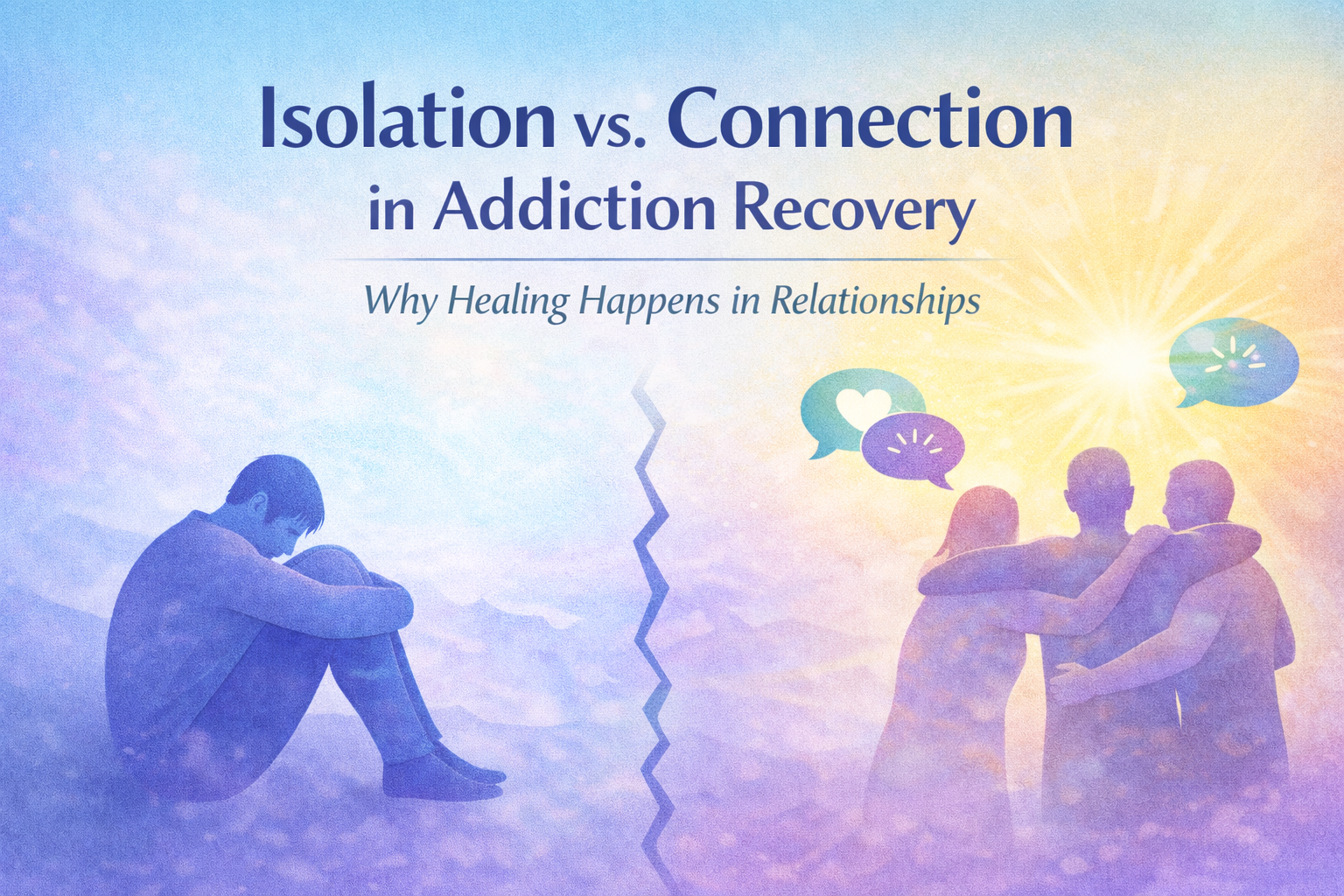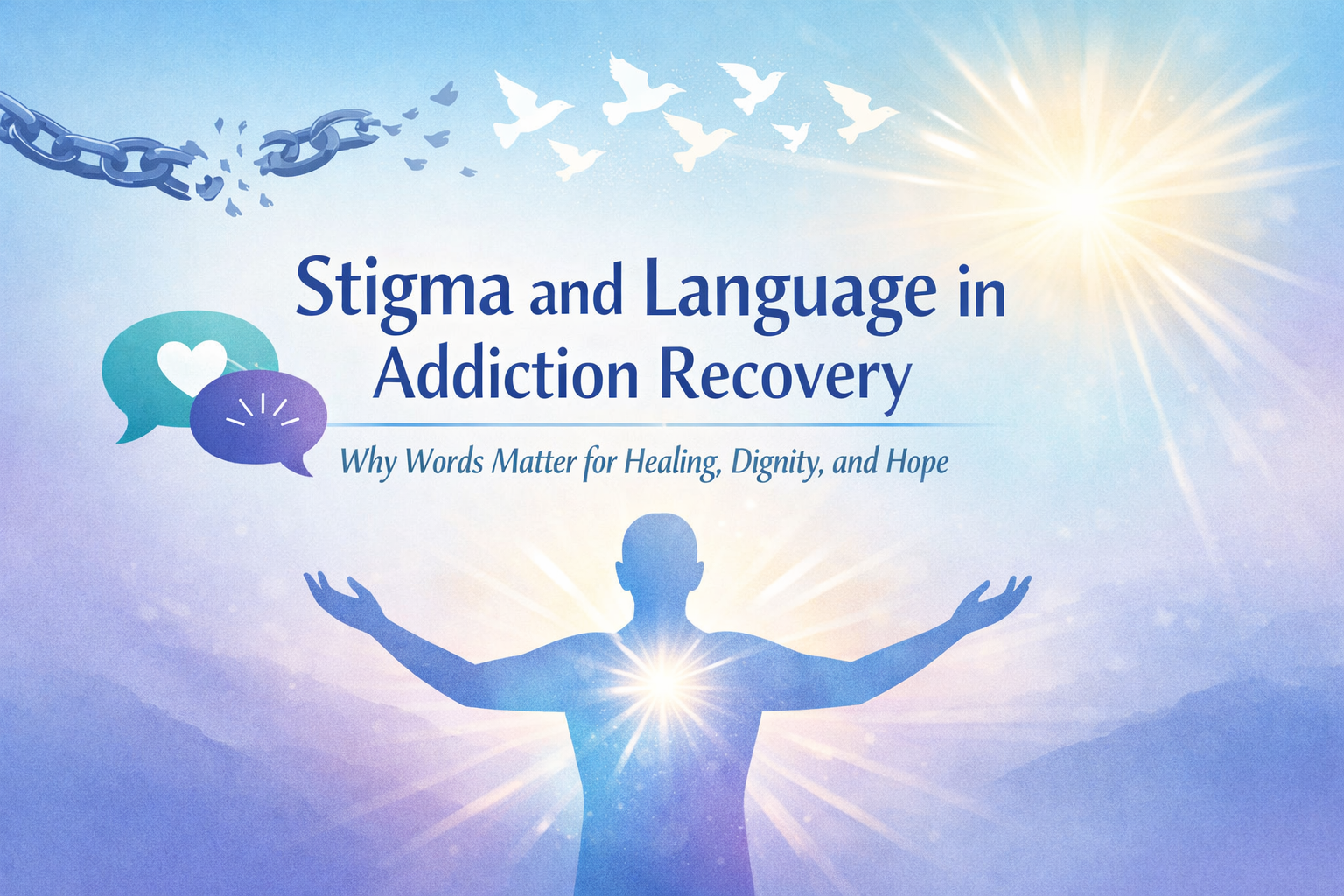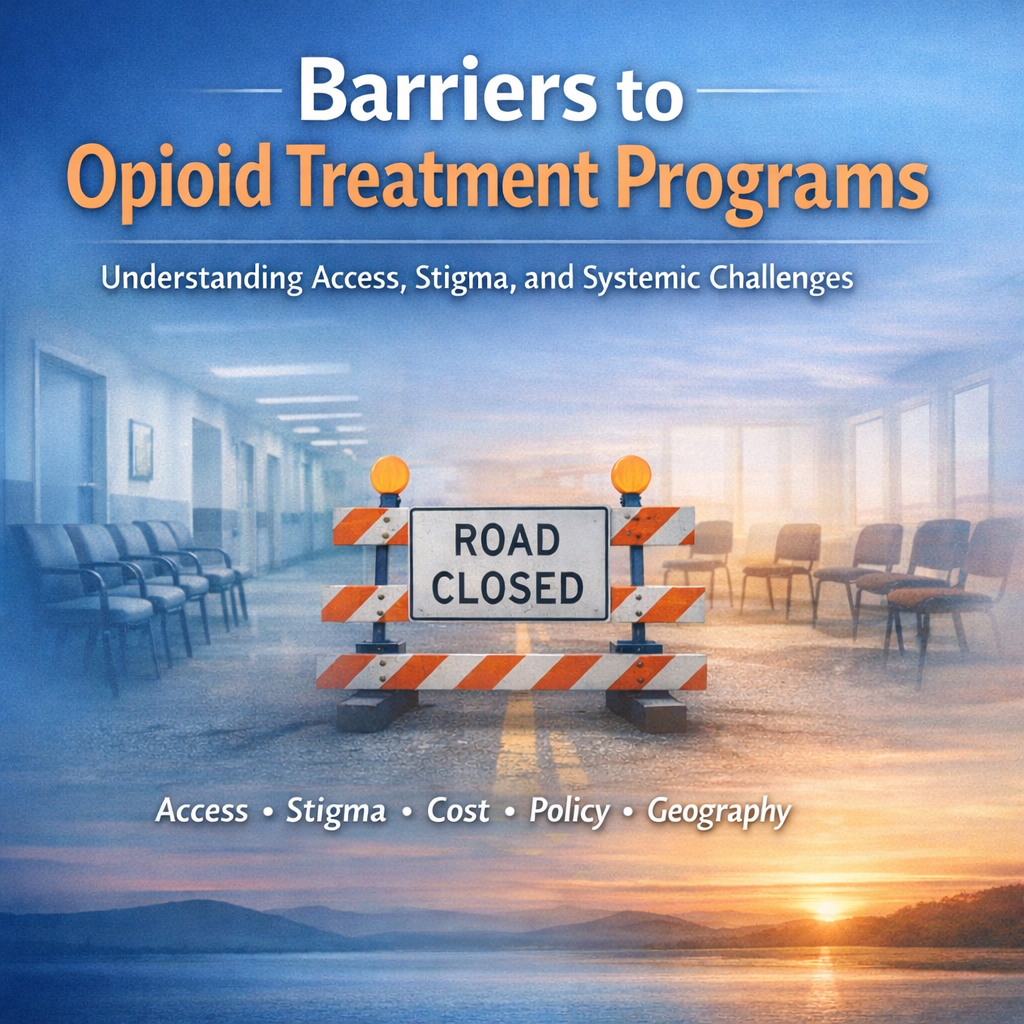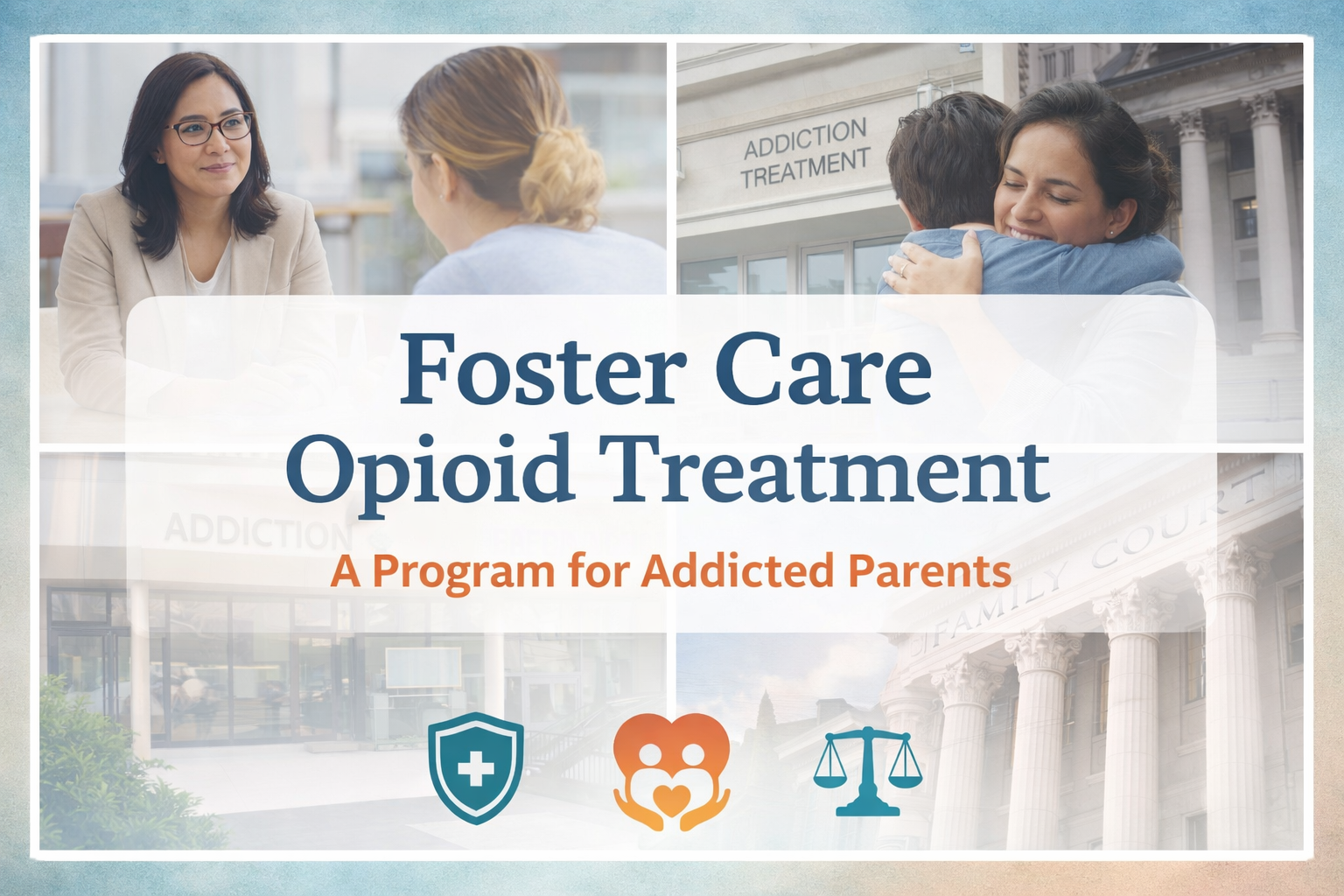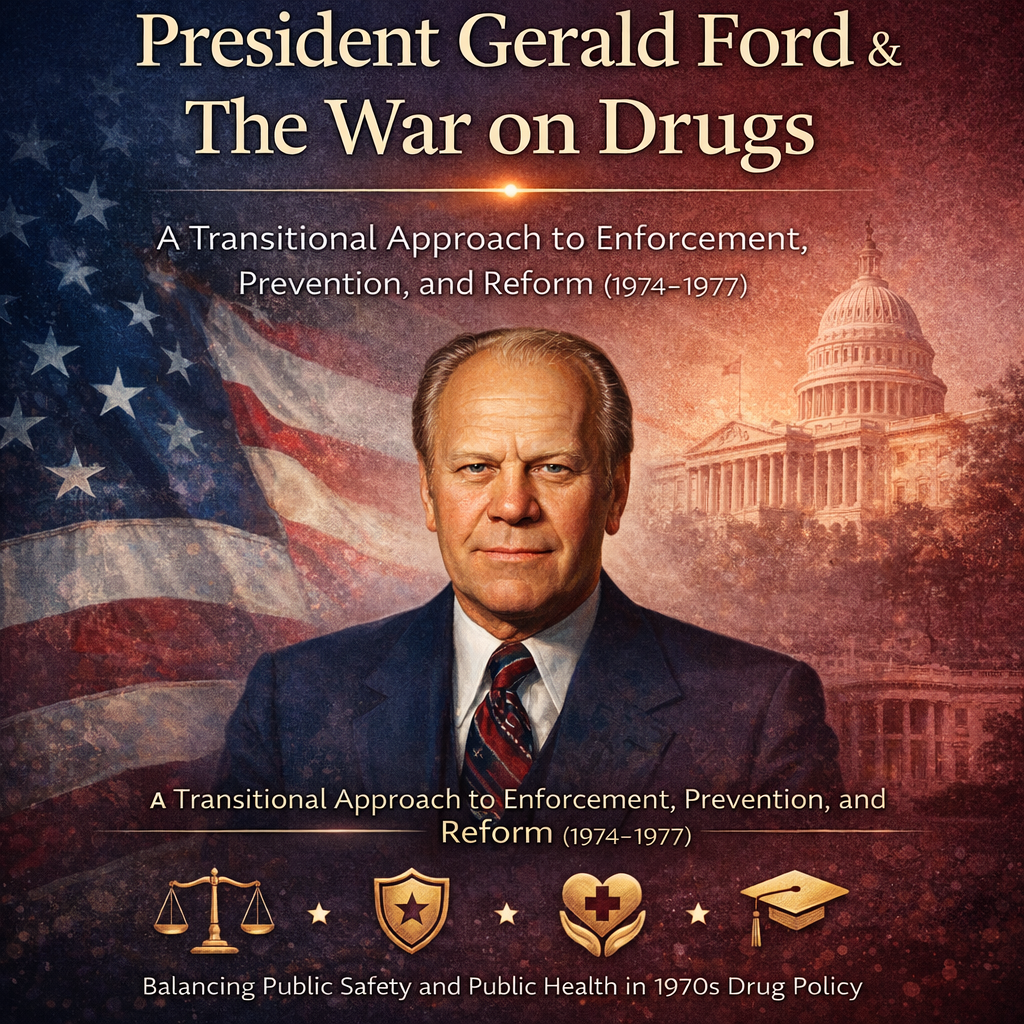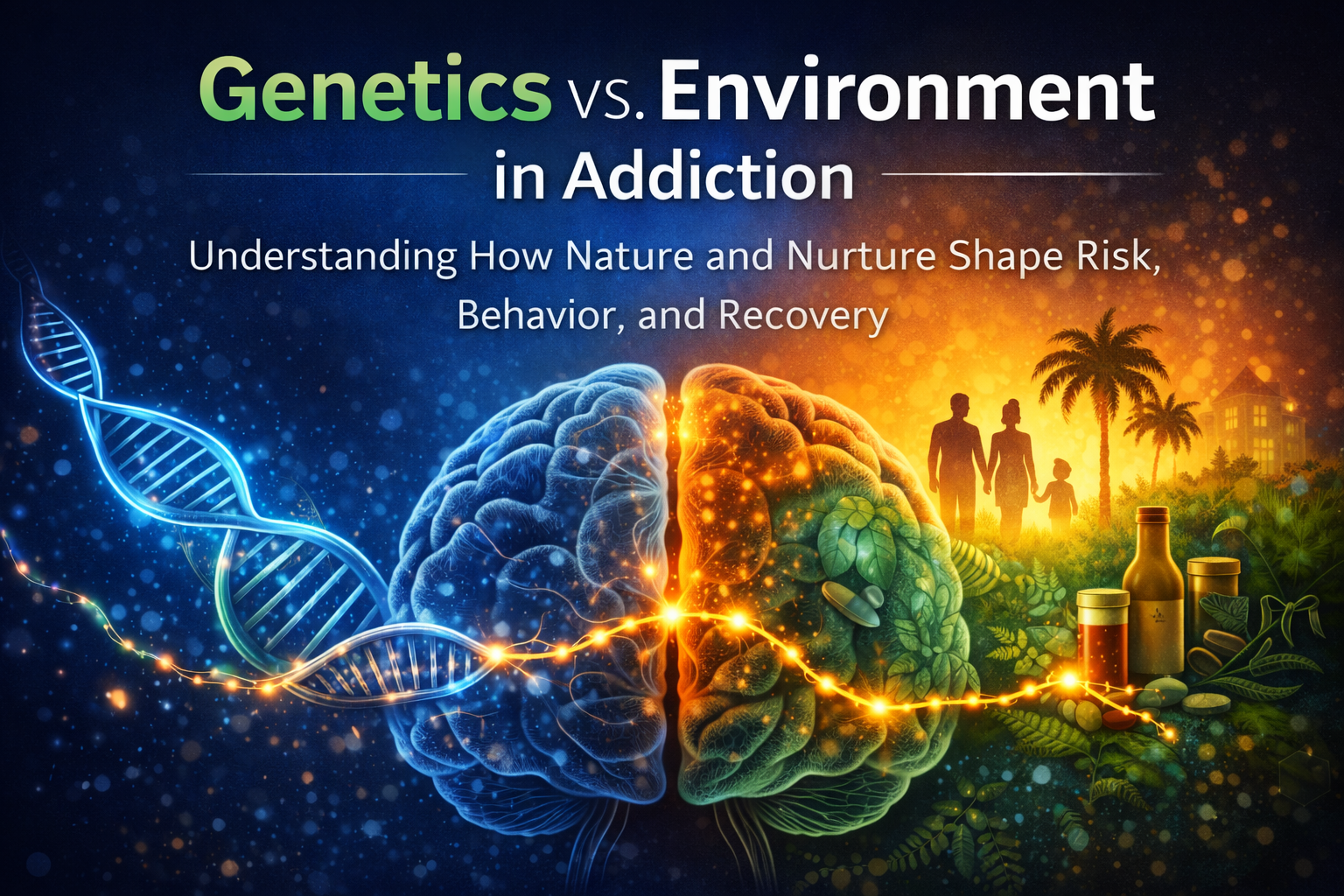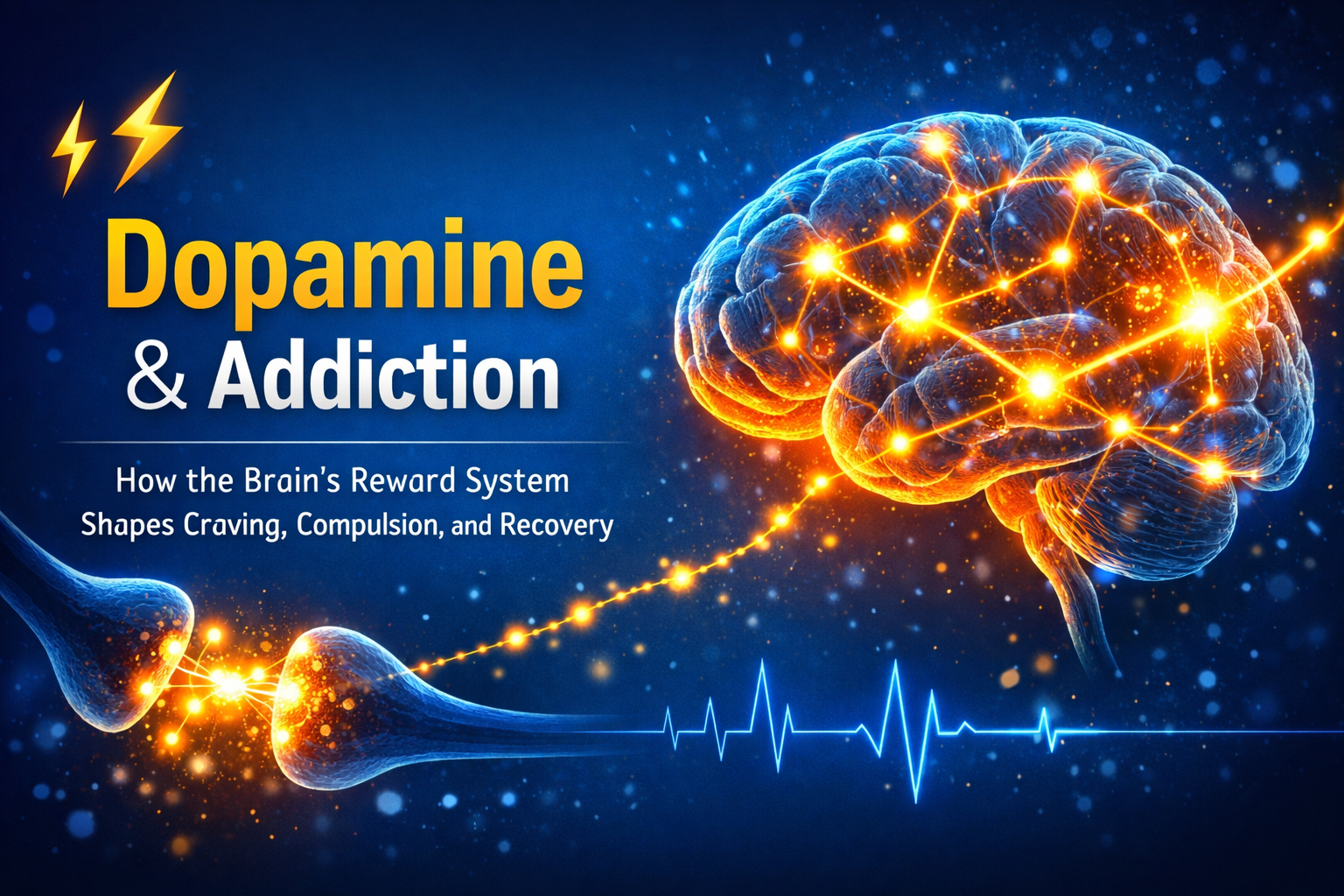Betel Nut Addiction Global Risk
Betel nut, derived from the areca palm (Areca catechu), is one of the most widely used psychoactive substances globally, particularly in parts of South and Southeast Asia and the Pacific Islands. Often chewed alone or combined with betel leaf, slaked lime, and sometimes tobacco, it produces mild stimulant effects such as increased alertness, relaxation, and … Read more



